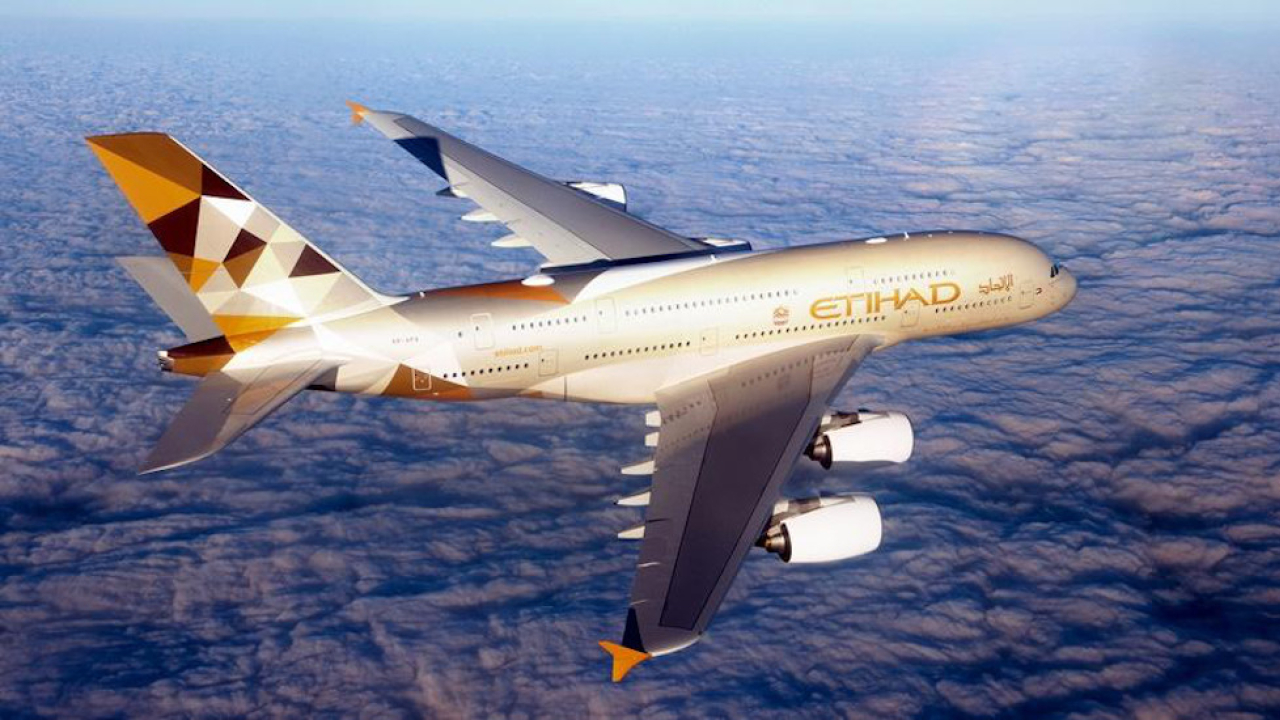Low Cost Carriers face strong growth across MENA says Adel Ali

Speaking on the final day of the sixth WLCA Congress, Adel Ali told an audience of senior executives from low-cost and traditional carriers from across the globe that the continued geographic expansion of MENA-based LCCs heralded the coming of age of this vital sector.
“As low-cost carriers such as Air Arabia continue to organically grow their fleets and geographic footprints – reaching out across the Middle East and throughout Asia, Africa and Europe – it is clear that we are now competing on a global platform,” Ali said, pointing out that such “regional champions” are now increasingly recognised as global brands.
“Despite the extremely challenging conditions facing the aviation sector worldwide, LCCs in the Middle East and North Africa region, with their revived focus on commercial sustainability, are seizing the opportunity to grow their global market share,” Ali said. “Importantly, this is happening at a time of increased regional competition – and rapid deregulation of our skies. Over the past several years, and especially since Air Arabia pioneered the regional low-cost model in 2003, we have also seen a rapid corporatisation of the aviation sector in the Middle East and North Africa.
Following its initial public offering in 2007, Air Arabia became the first airline in the Arab world to go public, focusing on self-financing its growth plans and fleet expansion. With two operational hubs in the UAE and Morocco and a third on the way, and with nearly 60 global destinations and an order book of 44 new aircraft, the organic expansion of Air Arabia is now very much the benchmark for other regional carriers, including both low-cost and traditional.
Stay up to date
Subscribe to the free Times Aerospace newsletter and receive the latest content every week. We'll never share your email address.

